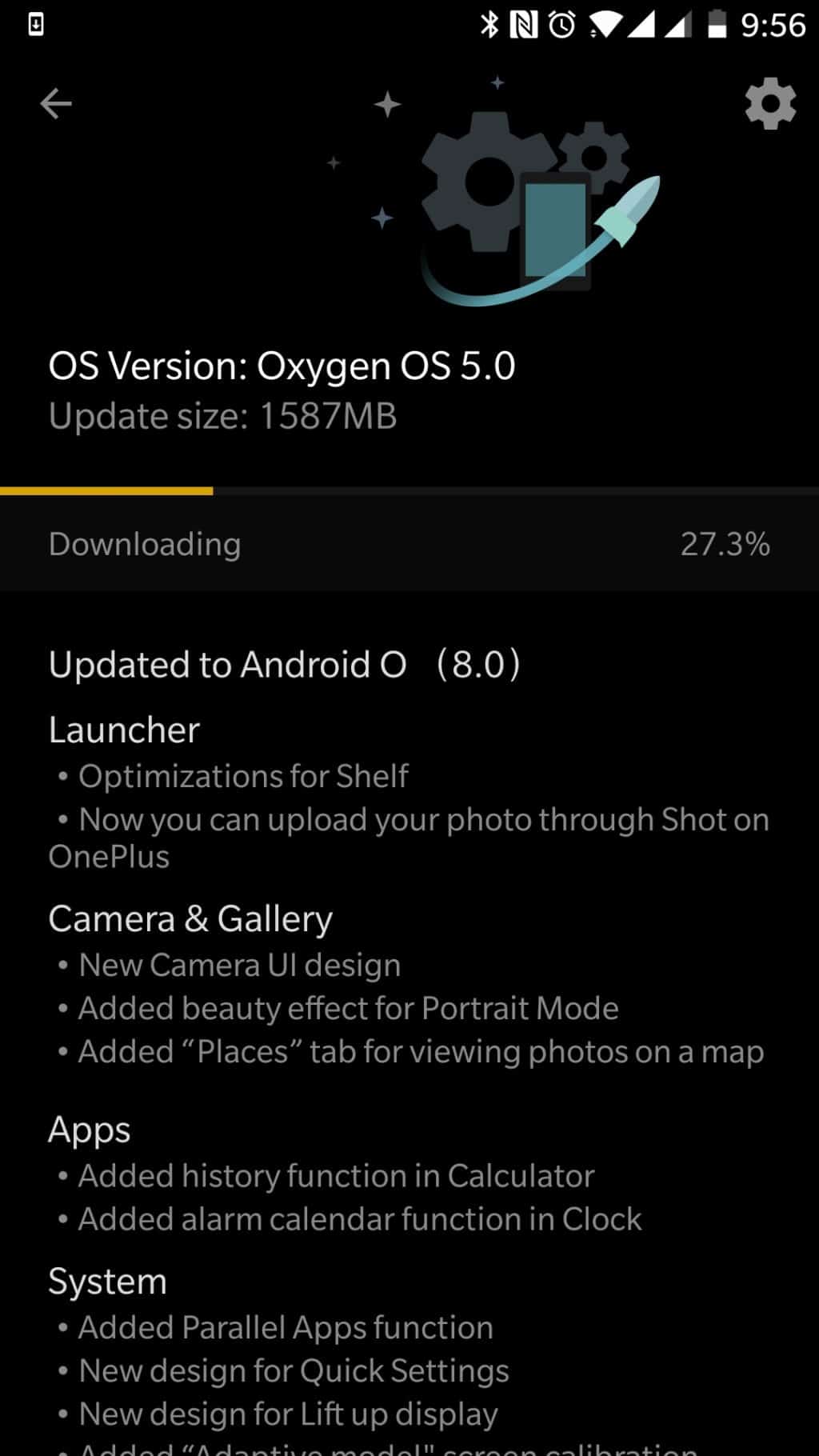
Last week, Samsung started rolling out the Android 8.0 Oreo update for the Galaxy S8 and Galaxy S8+. The update was first seeded to S8 owners in Germany before making its way over to India and other markets of the world. However, even before a wider rollout of the update could occur, Samsung has had to pull the update.
The company has issued a statement explaining why it had to halt the rollout of the Oreo update for the Galaxy S8 and Galaxy S8+. It states that it received reports from a limited number of S8 owners about their handsets rebooting unexpectedly post the update. Due to this, it decided to halt the rollout until it identifies the issue and then promises to start rolling it out again as soon as possible.
Following a limited number of cases where Galaxy S8 and S8+ devices have rebooted unexpectedly with the Android 8.0 Oreo, we have temporarily stopped the rollout of the update. We are investigating the issue internally to ensure that the impact to the affected devices is minimized and the rollout of the update can resume as quickly as possible.
Our Take
Despite being Samsung’s flagship handsets from 2017, the Samsung Galaxy S8 and Galaxy S8+ continue to run on Android 7.0 Nougat — a version of the OS which was released over 1.5 years ago. In fact, Android 8.0 Oreo itself has now been out on the market for over 5 months now and Samsung still has not managed to update its flagship devices to them. What’s even worse is that Samsung started rolling out the official Oreo update for the Galaxy S8 after beta testing the update for over two months. And yet, the Korean company had to stop the rollout due to an unexpected bug. Samsung needs to understand that its high time it starts taking software more seriously. With smartphone hardware stagnating, its time for companies to differentiate their products through software and one key aspect of that is to quickly roll out major Android updates to them.







